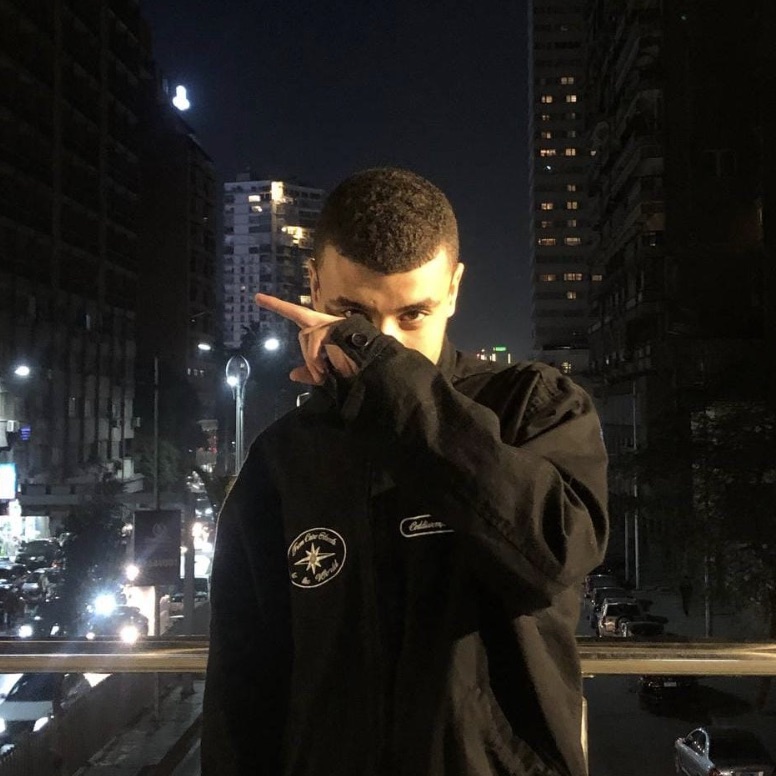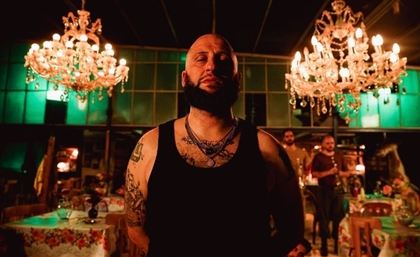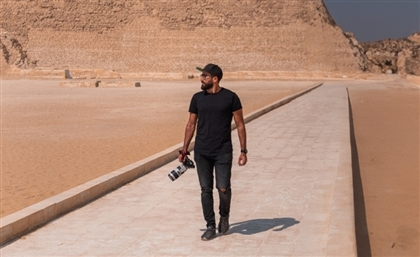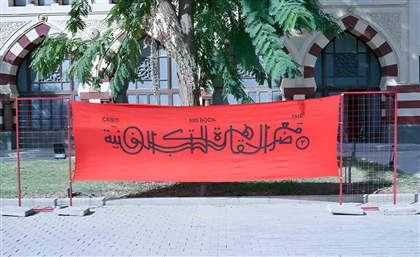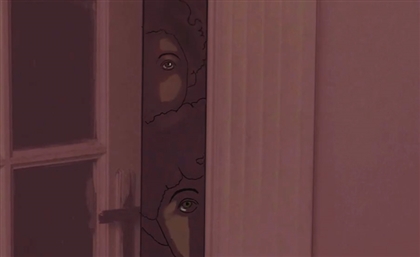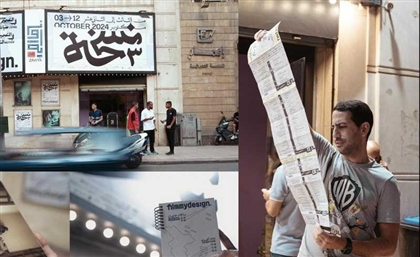Bu Kolthoum Reflects on a Fractured Home on ‘Dumya Bilaa Khie9aan’
Bu Kolthoum dives fully into his style, offering a more polished and cohesive body of work with a clear sense of purpose.

Bu Kolthoum has been a prominent figure in the Arab independent music scene for over a decade, beginning with his work in the group Latlateh before branching out on his own. His steady, deliberate approach has allowed him to not only solidify his reputation as a rapper but also as a producer with a wide, deep artistic vision. Throughout his career, Bu Kolthoum has consistently delivered high-quality music packed with ideas and meaning.
But Kolthoum returns with his fourth album, ‘Dumya Bilaa Khie9aan’ (Puppet Without Strings), marking his first full project since ‘Talib’, which, though featuring some standout artistic elements, felt somewhat scattered and lacked a fresh perspective. In ‘Dumya Bilaa Khie9aan’ however, Bu Kolthoum dives fully into his style, offering a more polished and cohesive body of work with a clear sense of purpose. Here, he sharpens his craft as both a rapper and a producer.
The album opener, ‘Salam’, sets the reflective tone for the project, with Bu Kolthoum discussing themes of alienation and migration. His lyrics are deeply poetic, and the absence of drums allows the rich synth lines to evolve, creating almost a euphoric atmosphere that serves as the foundation for the album. This energy carries into the title track, where Bu Kolthoum’s signature flow shifts and intricate songwriting firmly establish the album’s overarching tone.
In the track ‘Alli Jara’, Bu Kolthoum uses a sample from the Wael Jassar track of the same name to create a slow, swaying beat that blends dreamlike guitar loops with Bu Kolthoum’s vocal delivery - a balance between rap and singing that has become one of his trademarks.
Although Bu’s rapping is sparse on this album, his style has gradually shifted away from traditional rap, evolving into a distinct approach to delivery that blurs the lines between rapping and singing. However, his lyrical prowess remains intact, displaying his deep understanding of melody and rhythm. On the track ‘Insaani’, the unconventional beat structure allows Bu Kolthoum to switch and navigate between flows with precision, supported by layered production that enhances his technique and fluidity.
The album includes two collaborations, one of which is the track 'C’est la Vie' with Tunisian artist KOAST, marking one of the album's standout moments. The duo navigates a laid-back beat that evolves with horn accents and restrained percussion, providing a smooth backdrop for their verses, showcasing an undeniable chemistry. The second collaboration is on the track 'Khali' with Moroccan rapper SmallX. While Bu Kolthoum maintains his signature style, SmallX brings an aggressive switch-up, adding intensity to the track.
Throughout the record, Bu Kolthoum lays bare the intricacies of his personal journey, addressing deeply intimate matters with a sense of acceptance, and at times, humour. His lyrics are poetic, carefully written in a blend of Syrian dialect and Arabic Fusha, which adds a nuanced depth to his expression. While themes of alienation, loneliness, and a fractured sense of home have been present in his previous works, they never feel redundant or empty. Instead, Bu Kolthoum delivers them with a raw, honest, and fresh perspective, reflecting an ongoing inner conflict that remains unresolved.
- Previous Article Italian-Palestinian Duo No Input Debuts Eponymous Electro EP
- Next Article Travel Across History on Egypt's Most Iconic Bridges







